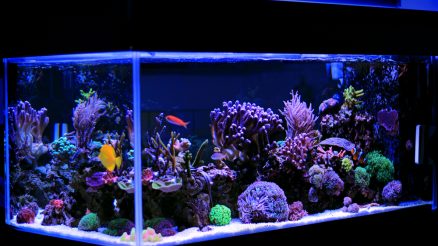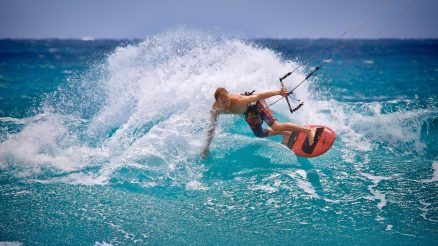Water is fundamental to life. The majority of our planet is covered in water, which has existed since time immemorial, yet every day brings new discoveries about this vital resource. Despite its ubiquity, numerous myths and misunderstandings abound concerning water. Many people believe they are fully knowledgeable about it, but that’s hardly the truth. For example, it’s common knowledge that a certain amount of water should be consumed daily for health reasons, and that drinking too much can also have negative effects. However, the specifics regarding safe consumption levels and what constitutes excess are not commonly known.
Not only this but there are tons of other things that people don’t know about water and consuming it safely. This can be frightening when you consider just how important water is to a clean and healthy life. That’s okay though because you’ve already made a step in the right direction by getting here.
The Daily Drinking Limit
One of the biggest misconceptions surround water is proper consumption. You can look it up right now and every site you see will likely offer varying answers to this question. You can ask experts and they’ll likely give you varying information. The information might be close enough that you’ll just assume that you can end up somewhere in the middle and be safe. Unfortunately, this is not the case at all. The reason it is hard to give a specific amount of water for proper consumption is that there are so many factors that determine the answer to this. For instance, activity level, fitness, ambient temperature, and sweat rate can all play a role in proper water consumption.
Just because you can get away with consuming 8 glasses daily, it doesn’t necessarily mean that your neighbor can do the same and get desired results. The best thing you could do is speak with a local physician and describe your daily tasks. He or she should be able to help you devise a chart or plan as to how much water is and isn’t the right amount for you.
Drink To Prevent Thirst
How many times have you heard that you need to drink water even when you aren’t thirsty as a means to prevent thirst or dehydration? You’ve probably even had people tell you that not being thirsty is a sign of dehydration. This is a total fallacy. That notion itself makes no sense. The truth of the matter is dehydration is not a disease. Whether you are exercising or not, there will become a point when you get thirsty. Thirst is your bodies’ way of telling you that you need to drink. Thirst was something that evolved in the animal kingdom millions of years ago and has been effectively preventing dehydration ever since.
Detecting Dehydration
There are also a lot of myths surrounding dehydration and how to properly detect it. The best hydration sensor that your body has is thirst All you have to do is listen to it and drink when it tells you to. That being said, there are some signs and symptoms associated with severe dehydration. These are usually dizziness, light-headedness, low blood pressure, and fast heart rates. An important thing to remember is that these symptoms are only in the most severe of cases. This means that they aren’t likely going to show up just because you’re mildly or moderately exerting yourself. You would not typically get this dehydrated from such simple tasks.
You don’t even have to be in the sun for excessive periods to get dehydrated. You can spend all day playing quality games at online casinos like kasyno and end up dehydrated if you aren’t consuming the proper amounts of water.
When To Consume Water
You’ve probably also heard a lot of people talking about when to consume water. You’ve probably heard people say, you need to start consuming it as soon as you wake up. While there is nothing wrong with this, it is not a regiment that you want to set your life by. All that matters is, you drink when your body tells you to. If you are out in the hot sun for an excessive period exercising vigorously or laboring rigorously, you are without a doubt going to need more fluids on a more frequent basis, but otherwise, it is best to just keep everything as simple as possible by only drinking when your body tells you to.





